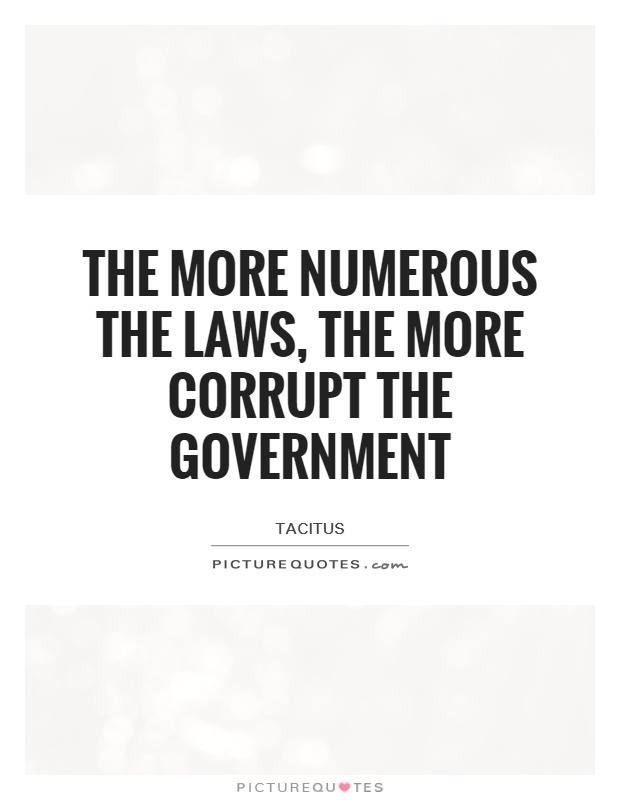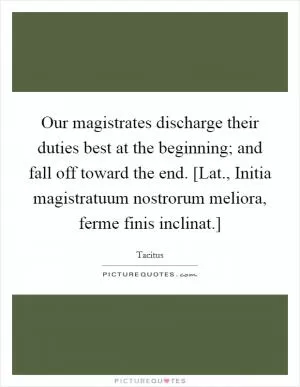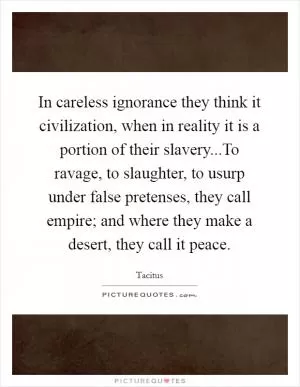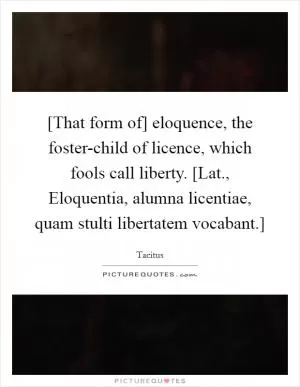The more numerous the laws, the more corrupt the government

The more numerous the laws, the more corrupt the government
Tacitus, a Roman historian and politician, famously stated, "The more numerous the laws, the more corrupt the government." This statement reflects his belief that an excessive amount of laws can lead to a breakdown of morality and integrity within a government. Tacitus lived during a time of political turmoil and corruption in ancient Rome, and his observations on the relationship between laws and government corruption are still relevant today.In Tacitus' view, an abundance of laws can create a sense of confusion and chaos within a society. When there are too many laws to keep track of, individuals may become overwhelmed and lose sight of the principles of justice and fairness. This can lead to a lack of respect for the law and a disregard for ethical behavior. In such a climate, corruption can thrive as individuals seek to exploit loopholes in the legal system for personal gain.
Furthermore, Tacitus believed that an excessive number of laws can also be a sign of a government's insecurity and lack of trust in its citizens. When rulers feel the need to constantly enact new laws and regulations, it can indicate a fear of losing control and a desire to maintain power through oppressive means. This can create a culture of suspicion and paranoia within the government, leading to further corruption and abuse of authority.
Tacitus' warning about the dangers of too many laws is a cautionary tale for modern societies as well. In today's world, governments around the globe are grappling with the challenges of regulating complex issues such as technology, finance, and international relations. While laws are necessary to maintain order and protect the rights of citizens, an excessive amount of legislation can stifle innovation, hinder economic growth, and erode public trust in the government.












 Friendship Quotes
Friendship Quotes Love Quotes
Love Quotes Life Quotes
Life Quotes Funny Quotes
Funny Quotes Motivational Quotes
Motivational Quotes Inspirational Quotes
Inspirational Quotes